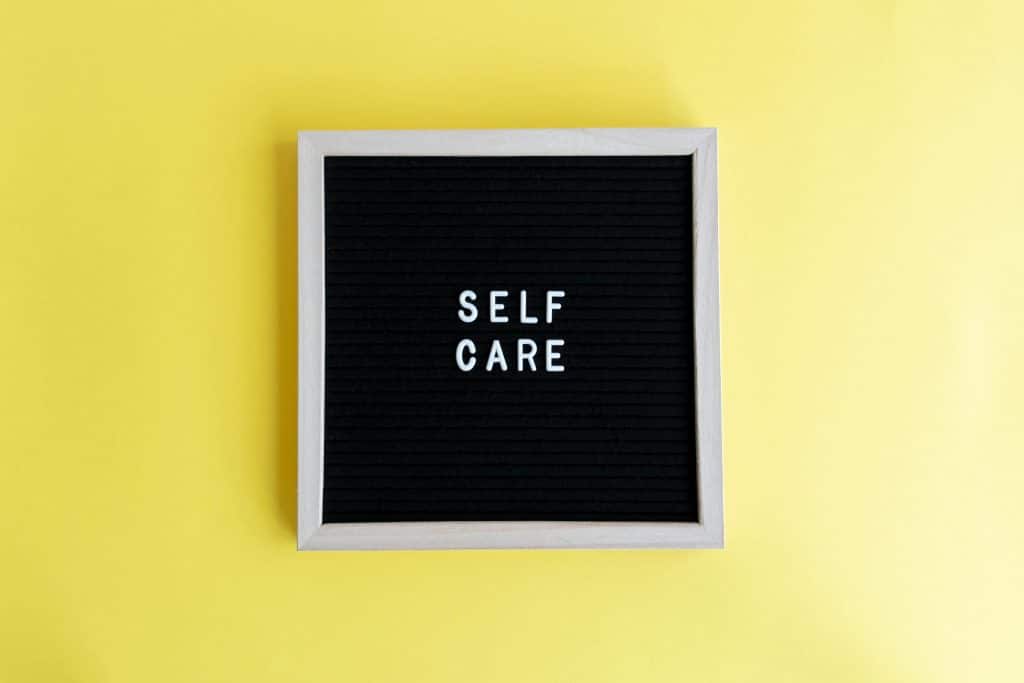In a world that moves at a relentless pace, daily gratitude is emerging as a powerful tool for improving mental well-being. Scientists, psychologists, and even tech startups are spotlighting gratitude as more than just a feel-good trend. It’s now being recognized as a daily practice that strengthens emotional resilience, lowers stress, and supports overall mental health. As conversations around burnout and anxiety rise, especially in workplaces and schools, integrating daily gratitude into daily routines is gaining real traction.

Why Daily Gratitude Matters Now
The importance of mental health has never been more mainstream. According to the World Health Organization, global rates of anxiety and depression rose by 25% during the first year of the pandemic.¹ In the wake of this mental health crisis, people are searching for accessible, low-cost practices to manage their emotions—and gratitude is one of the most promising options.
Daily gratitude doesn’t require a therapist, an app subscription, or a major lifestyle change. It can be as simple as writing three things you’re thankful for each morning. Yet this small habit has been linked to substantial benefits. A 2023 study published in the Journal of Positive Psychology found that participants who engaged in daily gratitude journaling experienced a 15% increase in life satisfaction over just four weeks.²
How Gratitude Impacts the Brain
Gratitude isn’t just a nice idea—it has a measurable impact on the brain. Neuroscience shows that expressing gratitude activates the prefrontal cortex, the part of the brain responsible for decision-making and emotional regulation.³
Dr. Glenn Fox, a neuroscientist at the University of Southern California, explains that gratitude is closely tied to the brain’s reward system. “When you express gratitude, your brain releases dopamine and serotonin, which enhance your mood and encourage a more optimistic outlook,” he notes. These chemical changes help reduce stress and improve your overall mental state.
The Emerging Trend: Gratitude Technology
One of the newest developments in this space is the rise of gratitude-based technology. Apps like Gratitude, Presently, and Reflectly have surged in popularity on both Android and iOS. These platforms prompt users to record daily gratitude entries, track mood changes, and even send gratitude messages to others.
These tools are especially appealing to Gen Z and millennials, who are more comfortable with tech-based self-care. According to a 2024 survey by Deloitte, 47% of young adults said they use mental wellness apps daily, and gratitude tracking ranked among the top three features they seek.⁴
The Science Behind Daily Gratitude
Gratitude has a cumulative effect. Just like physical exercise, the more consistently it’s practiced, the stronger its benefits.
A 2019 study from Harvard Health found that individuals who kept a daily gratitude journal reported fewer doctor visits and reduced symptoms of depression.⁵ Meanwhile, a study published in Frontiers in Psychology confirmed that practicing gratitude consistently can lead to long-term changes in brain structure, particularly in areas related to empathy and emotional processing.⁶
Some of the most commonly reported benefits of daily gratitude include:
- Lower levels of stress and anxiety
- Improved sleep quality
- Greater emotional resilience
- Higher self-esteem
- Stronger interpersonal relationships
Practical Ways to Practice Daily Gratitude
Incorporating gratitude into your daily routine doesn’t have to be complicated. Here are several methods that can work for different lifestyles:
1. Gratitude Journaling
Write down three things you’re thankful for every day. Keep it simple and consistent. Research shows that this act rewires the brain toward positive thinking.
2. Verbal Affirmations
Say thank you out loud—to yourself or someone else. This can be a powerful way to anchor your attention to positive experiences.
3. Digital Tools
Use apps that remind you to reflect and record gratitude. Many offer customization, reminders, and daily prompts.
4. Gratitude Letters
Once a week, write a short letter or message of appreciation to someone who has impacted your life positively. You don’t even need to send it—the act of writing alone can produce mental health benefits.
5. Mindful Moments
Pause for 30 seconds during your day and silently name something you appreciate. This can be done during a commute, before a meal, or right before sleep.
Gratitude in the Workplace
Companies are also beginning to embrace the power of daily gratitude for mental well-being. Organizations like Google and LinkedIn have integrated gratitude practices into employee wellness programs. These include gratitude walls, employee appreciation tools, and daily reflection prompts during meetings.
Employees who feel appreciated are more likely to be productive and less likely to burn out. A 2023 Gallup study revealed that workers who receive regular recognition are 41% less likely to feel disengaged.⁷
For remote teams, Slack integrations such as HeyTaco and Kudos allow coworkers to share gratitude publicly, fostering a culture of positivity even from a distance.
The Social Ripple Effect of Gratitude
When practiced consistently, daily gratitude doesn’t just help the individual—it positively influences those around them. People who regularly express gratitude are more likely to be perceived as kind, trustworthy, and empathetic.
Dr. Robert Emmons, a leading gratitude researcher, explains: “Gratitude amplifies the good in relationships. It creates a feedback loop where kindness begets kindness.” His research at UC Davis shows that gratitude increases prosocial behavior and helps resolve conflicts more constructively.⁸
Making Gratitude a Habit
Consistency is the key to making gratitude stick. Experts recommend anchoring gratitude practices to existing routines—such as brushing your teeth, drinking your morning coffee, or starting a workday.
Here are some quick habit-building strategies:
- Set daily reminders on your phone or smartwatch
- Keep a gratitude notebook on your nightstand
- Share one grateful moment at dinner with family or friends
- Schedule weekly gratitude check-ins on your calendar
Conclusion
In an era marked by high stress and constant digital noise, the power of daily gratitude for mental well-being is both timely and necessary. As emerging research and technology continue to validate its effectiveness, daily gratitude stands out as a simple yet profound mental health tool.
Whether through journaling, technology, or a quick mindful pause, building this habit can lead to lasting improvements in focus, emotional balance, and relationship quality. More importantly, it reminds us that even in moments of stress, there is something worth appreciating.
References:
- Emmons, R. A., & McCullough, M. E. (2003). Counting Blessings Versus Burdens: An Experimental Investigation of Gratitude and Subjective Well-Being in Daily Life. Journal of Personality and Social Psychology, 84(2), 377–389. https://doi.org/10.1037/0022-3514.84.2.377
- Wong, Y. J., Owen, J., Gabana, N. T., Brown, J. W., McInnis, S., Toth, P., & Gilman, L. (2018). Does gratitude writing improve the mental health of psychotherapy clients? Evidence from a randomized controlled trial. Psychotherapy Research, 28(2), 192–202. https://doi.org/10.1080/10503307.2016.1169332
- Harvard Health Publishing. (2021). Giving thanks can make you happier. Harvard Health. https://www.health.harvard.edu/healthbeat/giving-thanks-can-make-you-happier










 How Traveling Solo Can Enhance Your Creativity
How Traveling Solo Can Enhance Your Creativity 

